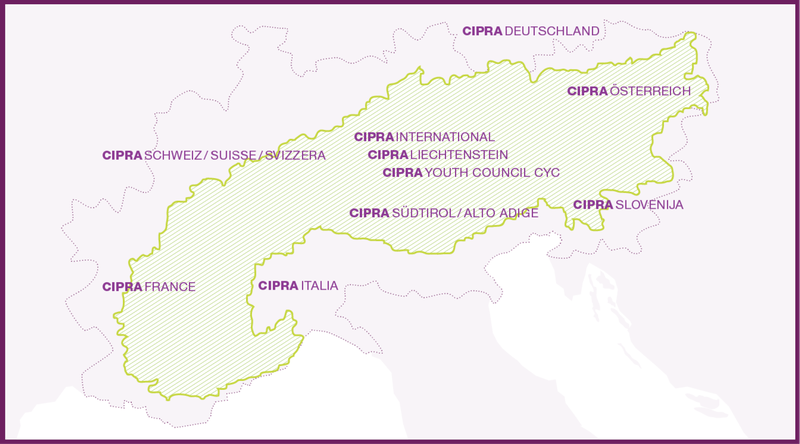Laura Haberfellner, CIPRA International Lab
Innovation to counter emigration
Emigration and the brain drain in the Alpine region: a new EU project involving CIPRA aims to counteract this trend. It is testing innovative governance models to strengthen mountain regions and create a win-win situation for regions of origin, destinations and young emigrants.
Who is CIPRA?
Find out more!
More articles
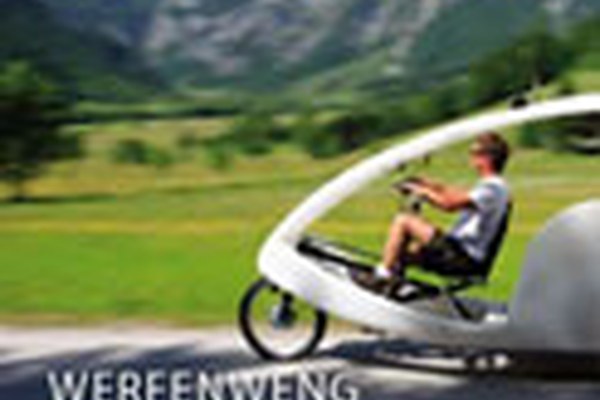
Gemeindenetzwerk 'Allianz in den Alpen' | Mäder, AT
Werfenweng: "Sanft Mobil auf neuen Wegen"
"The idea to create a special book of photographs about Werfenweng and our passion for gentle mobility came about in summer 2005"
Verein Alpenstadt des Jahres | Villach, AT
Climate Star 2007 - European award for climate protection activities at the local level
For the third time the Climate Alliance of European Cities with Indigenous Rainforest Peoples is inviting all European cities and municipalities to present their climate protection activities and apply for a Climate Star.
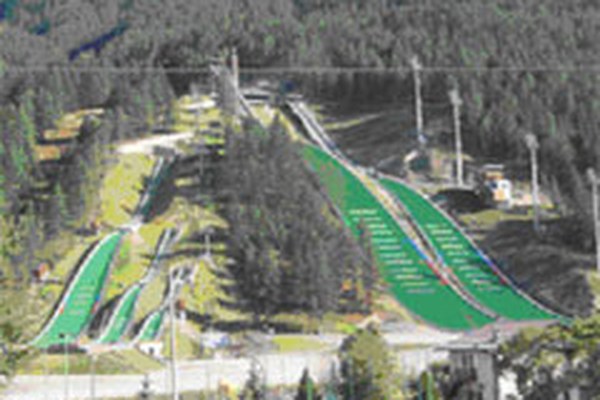
CIPRA Internationale Alpenschutzkommission | Schaan, LI
Olympic infrastructures - A bottomless pit?
The infrastructure facilities built for the Olympic Winter Games in Turin in February 2006 have proved an expensive legacy.
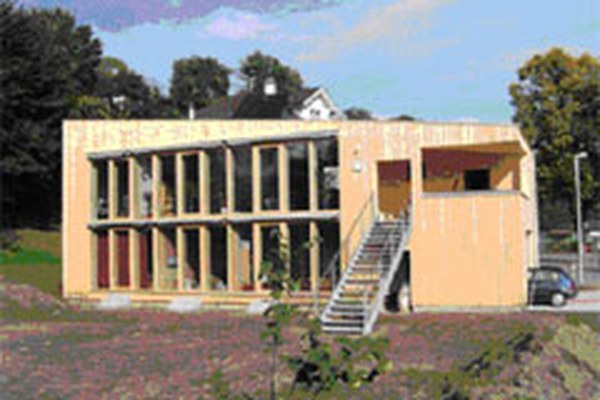
CIPRA Internationale Alpenschutzkommission | Schaan, LI
Davos on the road to Kyoto
Davos, Switzerland's highest town, is working towards a more climate-friendly local policy.
Events
There is nothing to see here at the moment. Why not take a look at the other countries?
Projects
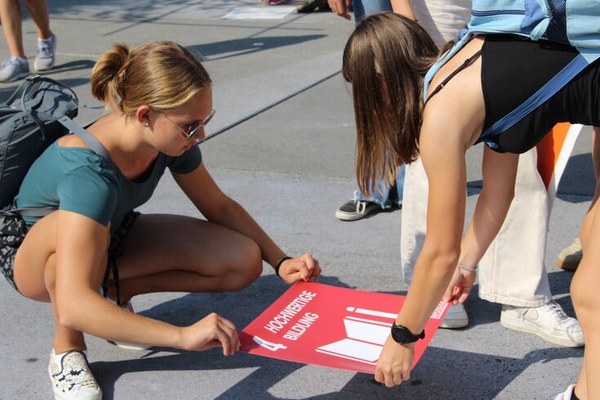
CIPRA International
Ars vivendi
[Project completed] How can the Sustainable Development Goals (SDGs) be learned and taught? In the project «ars vivendi» a didactic tool for the Global Agenda 2030 is being developed.
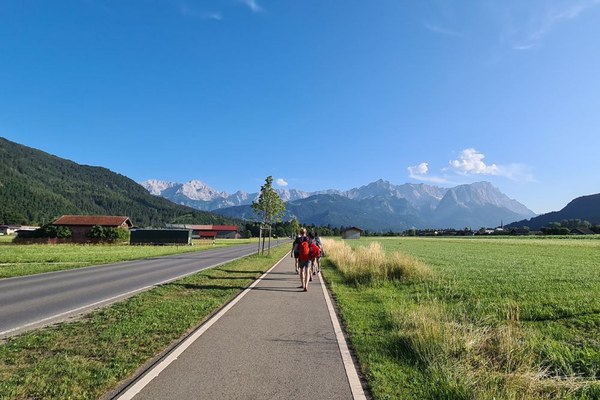
CIPRA Deutschland | CIPRA France
DINAMO
[Project competed] In many rural areas of the Alps, public transport services are inadequate for daily needs and tourism development. In some remote mountain regions, this is one of the reasons why there is a considerable amount of car traffic, especially on weekends, public holidays and during rush hours. There are various reasons for this, including the high cost of public transport solutions due to low population density, inadequate public transport options (such as timetables, accessibility, connectivity, travel time and costs) and political and social preferences in favour of private motorised transport.

CIPRA International Lab
LISTEN
The LISTEN project is analysing the use of space in suburbs on the basis of three pilot regions in Belgium, Sweden and Austria. CIPRA Lab GmbH is working together with partners from research and regional stakeholders.

